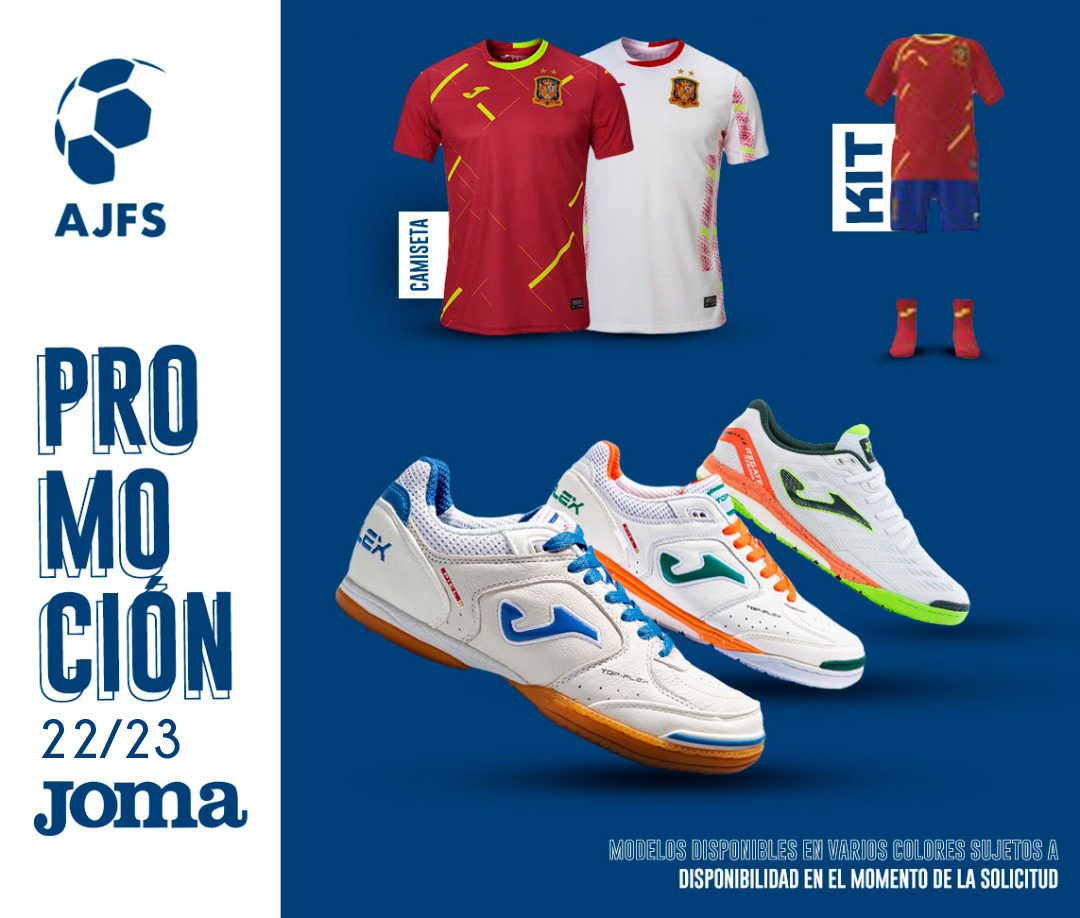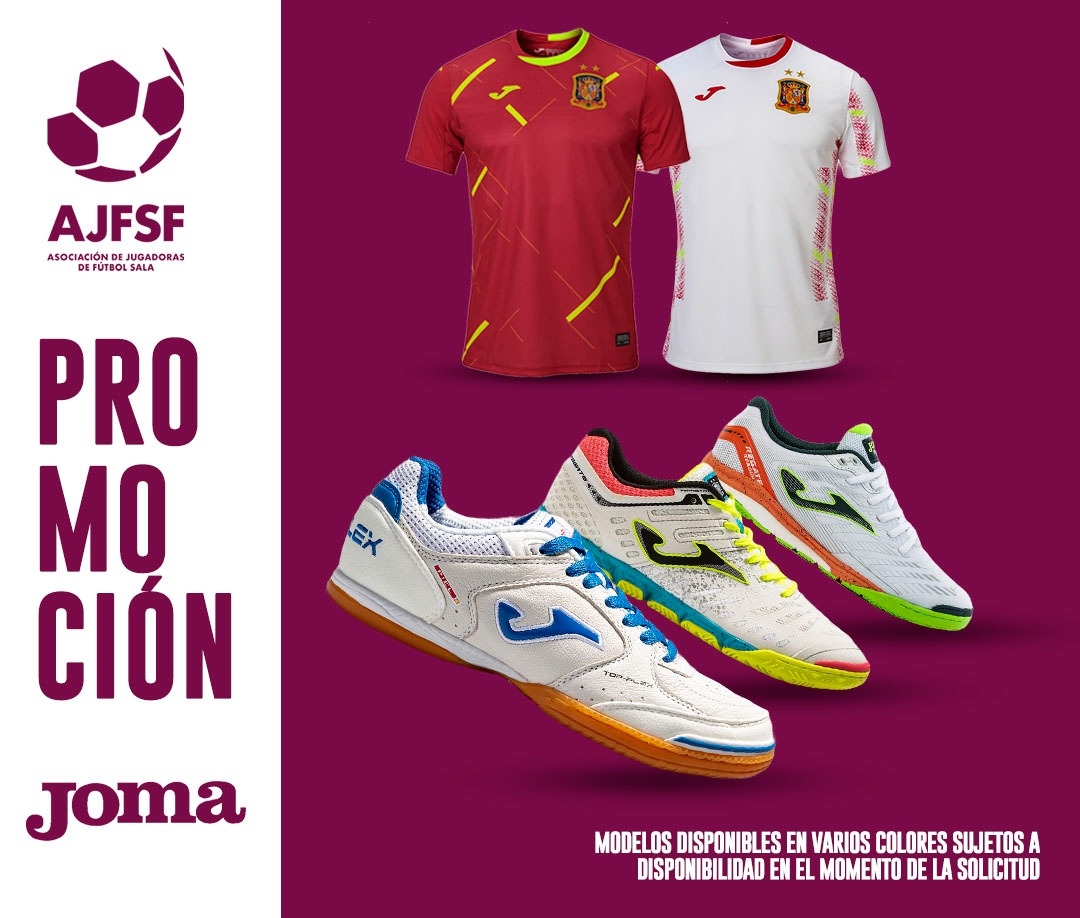Las principales ASOCIACIONES DE DEPORTISTAS MUNDIALES responden a los ataques del presidente de la Agencia Mundial Antidopaje, Sr. John Fahey hacia los representantes de los deportistas.
Los representantes de las asociaciones de deportistas internacionales y los sindicatos de jugadores de todo el mundo llevaron a cabo una conferencia de prensa en Londres, antes de los Juegos Olímpicos, para responder a los comentarios de la AMA por boca de su presidente John Fahey.
Las Asociaciones Internacionales de Deportistas condenan las declaraciones de la AMA hechas durante una reunión del Consejo Fundacional de la AMA. El Sr. Fahey dijo que en «ningún caso vio como representantes de los deportistas a las asociaciones de deportistas, tanto de hombres como de mujeres, e instó a todos los miembros federativos no darles nada de oxígeno.»
Ian Smith, representante de la Federación Internacional de Asociaciones de Cricketers (FICA): «la declaraciones antideportistas de la AMA son atrasadas e inaceptables. Las condenamos en los términos más enérgicos. Ellos son un retroceso a una época pasada de gobierno paternalista, por hombres de edad avanzada en chaquetas que se ven amenazados por la idea de los atletas están organizando y realmente tener algo que decir en cómo el deporte se ejecuta. Ahora tenemos una visión más clara de qué tipo de pensamiento tienen y han sido motivados por él a redoblar nuestros esfuerzos para asegurar una representación adecuada para los atletas en la AMA y en otros lugares. «
Yves Kummer, presidente de la Asociación Europea de Atletas de Elite (donde estamos integrados los del fútbol sala español) «Ya no es aceptable que sólo los administradores deportivos determinar las condiciones en las que los atletas van a competir. Los atletas necesitan una voz y un asiento en la mesa de una manera real. El respeto de los derechos colectivos de los deportistas es compatible con la Carta Olímpica y eficaces normas antidopaje. Sin embargo, como la declaración del Sr. Fahey indica, existe una falta de voluntad en la parte superior. Ahora que tenemos una «W» (para el mundo), esto debe cambiar.
Representantes de más de 100 asociaciones que representan a los atletas aproximadamente 150.000 atletas de elite asistieron a la Cumbre Mundial de Atletas en Nyon, Suiza, en noviembre de 2011.
Muchos problemas comunes fueron señalados incluyendo la reforma de las reglas antidoping, el buen gobierno en el deporte, la integridad y de amaño de partidos, carreras de formación, los derechos de negociación colectiva y la protección de los derechos de imagen de los deportistas.
En una declaración conjunta, la Declaración de Nyon, fue aceptada por unanimidad. Jeff Reymond, secretario general de los atletas de la Unión Europea y representante de la Unión Francesa de Baloncesto Jugadores (SNB): «El Sr. Fahey debe centrarse en conseguir su propia casa en orden. Reglas de la AMA requieren que los atletas que sacrificar muchos de los derechos fundamentales en muchas de las políticas de la AMAno se basan en la evidencia o de la adecuada supervisión de la eficacia. Propia «inteligente» de la AMA a cabo del programa de competición es caro y anotó sólo 4 violaciónes en 2010 (sólo tres en 2009). Estos magros resultados están completamente fuera de proporción con el sacrificio exigido de los atletas. La AMA puede y debe hacer mejor y la rendición de cuentas debe comenzar en la parte superior.»
Walter Palmer, Jefe del Departamento de Deportes en la UNI PRO: «Los Sr. Comentarios de Fahey son indicativos de la crisis de gobierno en el deporte que se hace referencia en la Declaración de Nyon. Sin representación colectiva real, el atleta ha sido efectivamente «alejado del centro del deporte» y se sustituye por el administrador del deporte. El Sr. Fahey y sus secuaces al parecer, quieren que siga siendo así. «
Damian Hopley, Presidente de la International Rugby Players Association (IRPA): «Nuestra visión es trabajar de la mano con las comisiones de atletas, con roles y responsabilidades complementarios. Sin embargo, parece que algunas organizaciones deportivas y no dictaría trabajo crítico y las condiciones sociales con sus propios órganos internos de asesoramiento, lo cual es inaceptable. Las organizaciones deportivas son monopolios con intereses económicos fuertes y en crecimiento. En aras de la credibilidad y la evolución de todos los deportes, los atletas deben tener una voz independiente colectiva que es respetado y escuchado en todos los niveles, comenzando en la parte superior. «
Bobby Barnes, FIFPRO miembro de la junta: «el amaño de partidos es un fenómeno global que necesita una solución global. Se inicia con la delincuencia organizada, sin embargo, parece que las organizaciones deportivas han puesto el foco sobre el papel de los atletas. Todas las partes interesadas necesitan trabajar juntos para resolver este problema y las asociaciones de jugadores tienen un papel clave que desempeñar «.
Simon Friis, Asociación Danesa de Jugadores de Balonmano: «Nuestro papel es el de proteger los derechos laborales y sociales de nuestros miembros. Una de las prioridades es el derecho al uso y explotación de la propia imagen personal. Tenemos ejemplos de buenas prácticas a nivel nacional y vamos a estar trabajando para ampliar este mundo «.
Walter Palmer, UNI Sport PRO (Sindicato Mundial de Deportistas): «Invitamos a todos los atletas que compiten en los Juegos a unirse a nosotros en la formación de la voz de los atletas independientes. A partir de aquí, en Londres y en movimiento en dirección a Sochi y Río de Janeiro, vamos a trabajar duro para organizar los atletas en las asociaciones independientes que puedan abordar sus problemas colectivos. «
También, se dieron detalles sobre la iniciativa de crear una federación mundial de asociaciones de deportistas bajo la bandera de UNI Sindicato Global Sport PRO. Entre los participantes FIFPRO (fútbol), FICA (grillo), la IRPA (rugby), los atletas de la UE (los atletas europeos) donde está representada la AJFS (fútbol sala español), SNB (baloncesto francés), ABP (baloncesto español), y el HSF (danés de balonmano).
Versión Original:
PRESS RELEASE
LEADING PLAYER ASSOCIATIONS RESPOND TO ATTACKS FROM WADA CHAIRMAN
-
- WADA CHAIRMAN’S ANTI-ATHLETE ASSOCIATION COMMENTS UNDERLINES NEED FOR PLAYERS TO HAVE AN INDEPENDENT VOICE
-
- GLOBAL PLAYER INITIATIVE GAINS MOMENTUM
-
- OLYMPIC ATHLETES INVITED TO FORM INDEPENDENT ASSOCIATIONS
LONDON, 26 JULY 2012 – Top representatives from international athletes associations and player unions from around the world held a press conference in London today ahead of the Olympic Games to respond to anti-athlete association comments made by WADA Chairman John Fahey. They also gave details on the initiative to establish a world federation of athlete associations under the banner of UNI Sport PRO Global Union. The participants included FIFPRO (football), FICA (cricket), IRPA (rugby), EU Athletes (European Athletes), SNB (French basketball), ABP (Spanish basketball), and HSF (Danish handball).
The speakers universally condemned WADA Chairman Fahey’s anti-athlete statements made during a WADA Foundation Board meeting. Mr. Fahey stated that he in “no way saw athlete associations role as being representative of sportsmen and women, and he urged all members not to give them any oxygen.”
Ian Smith, representing the International Federation of Cricketers Associations (FICA): “WADA Chairman Fahey’s anti-athlete statements are backward and unacceptable. We condemn them in the strongest terms. They are a throwback to a bygone era of paternalistic governance by aging men in blazers who are threatened by the idea of athletes being organized and actually having a say in how sport is run. We now have a clearer view of what type of thinking we are dealing with and have been motivated by him to redouble our efforts to ensure proper representation for athletes at WADA and elsewhere.”
Yves Kummer, President of the European Elite Athletes Association: “It is no longer acceptable that only sport administrators determine the conditions under which athletes will compete. Athletes need a voice and a seat at the table in a real way. Respect for athletes’ collective rights is compatible with the Olympic Charter and effective anti-doping rules. However, as Mr. Fahey’s statement indicates, there is a lack of willingness at the top. Now that we have a “W” (for world), this must change.”
Representatives from more than 100 athlete associations representing approximately 150,000 elite athletes attended the World Athletes Summit in Nyon, Switzerland in November 2011. Many common issues were identified including reform of the anti doping rules, good governance in sport, integrity and match fixing, dual careers/transition, collective bargaining rights and protection of athletes’ image rights. A joint statement, the Nyon Declaration, was unanimously accepted.
Jeff Reymond, General Secretary of EU Athletes and representative of the French Basketball Players Union (SNB): “Mr. Fahey should focus on getting his own house in order. WADA rules require athletes to sacrifice many fundamental rights while many of WADA’s policies
are not based on evidence or adequately monitored for effectiveness. WADA’s own “smart” out of competition testing program is expensive and netted only 4 violations in 2010 (only 3 in 2009). These meager results are completely out of proportion with the sacrifice demanded of athletes. WADA can and must do better and accountability should start at the top.”
Walter Palmer, Head of Department at UNI Sport PRO: “Mr. Fahey’s comments are indicative of the crisis in sport governance that was referenced in the Nyon Declaration. Without real collective representation, the athlete has indeed been “removed from the center of sport” and replaced by the sport administrator. Mr. Fahey and his ilk apparently want to keep it that way.”
Damian Hopley, Chairman of the International Rugby Players Association (IRPA): “We envision working hand in hand with athletes commissions, with complimentary roles and responsibilities. However, it appears that some sports organisations would rather dictate critical working and social conditions with their own internal advisory bodies, which is unacceptable. Sport organizations are monopolies with strong and growing financial interests. In the interest of the credibility and evolution of all sports, the athletes must have an independent collective voice that is respected and heard at all levels, starting at the very top.»
Bobby Barnes, FIFPRO board member: “Match fixing is a global phenomenon that needs a global solution. It starts with organized crime yet it appears that sport organizations have put the focus on the athletes’ role. All stakeholders need to work together to solve this problem and player associations have a key role to play.”
Walter Palmer, UNI Sport PRO: “We invite all athletes competing at the Games to join us in forming an independent athletes’ voice. Beginning here in London and moving on towards Sochi and Rio de Janeiro, we will be working hard to organize athletes in independent associations that can address their collective issues. “INCLUDING YOU”, the theme of the next UNI Global Union world congress, will be our motto.”
The next World Athletes Summit will be held from 15-17 November 2012 at the UNI Global Union offices in Nyon, Switzerland.
For further questions or information, please contact:
Walter PALMER
Head of Department
UNI Sport PRO Global Union
walter.palmer@uniglobalunion.org
phone: +49 951 241 36 79









